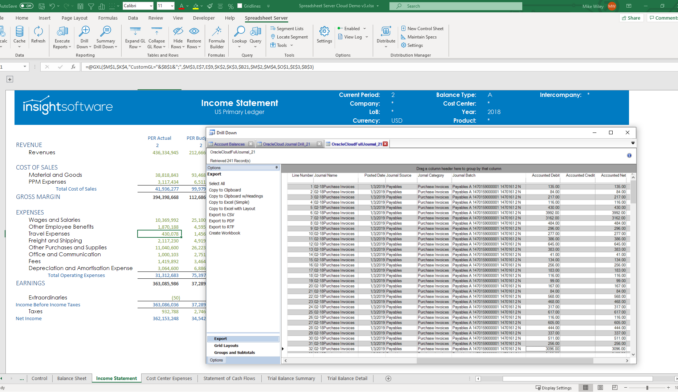Is Your CFO a Good Storyteller?
When most people think of a CFO, they likely imagine someone who rose through the ranks of accounting, perhaps someone who served as a controller too, and eventually advanced to the role of chief financial officer. Because of that middle word, “finance,” it is generally assumed that this type of executive would have that financial background.
But there’s an interesting shift that’s been occurring in CFO roles over the past 5 years.
The Pedigree of a Modern CFO
In a recent article interviewing Sandy Cockrell, Global CFO Program Leader at Deloitte, Forbes revealed that CFOs have had an increasingly different pedigree than ever before. While many CFOs did indeed start in those accounting and controller roles, more and more are coming to the role not with accounting backgrounds, but business and strategy.
This is due in part to boards that are now starting to look to the CFO as the logical source for CEO succession planning.
But there’s another key skill that today’s CFO needs, and that is the ability to be a good storyteller.
A Financial Once Upon A Time
You might wonder what storytelling has to do with accounting.
Believe it or not, it all goes back to data. With advances in technology giving us unprecedented access to every piece of data imaginable, CFOs and their finance teams are charged with assembling that data into a clear and accurate story of the company. Like any good narrative, this story will be a complete arc of where the company has been, where it is right now, and where it could head in the future. Only in this case, it’s a company functioning as the main character, instead of an individual.
This company narrative informs not only where the company will go, but also where the finance team will go. Is the current team prepared for where the company is going? Or is it stuck back where the company’s been? The better your team understands the story, the more they will buy into it and commit to helping create a happy ending.
More than the science of numbers, financial storytelling is an art form. Modern CFOs must possess the ability to mine, organize, analyze, and act on data. Like the writer has a favored pen or keyboard and the artist a favored brush, the successful CFO storyteller will have the right business applications in place to give them the insight they need to craft and develop the foresight that informs the story.
Have the Right Supporting Characters
Not all data will be helpful, however. Sheer volume might make it difficult to discern good data from extraneous data, but the practiced CFO eye can easily parse out, relying on experience managing mission-critical ERPs and planning data.
You may need to include data outside of purely financial data, too. A compelling narrative links data from various—and possibly disparate—sources to deliver a story that captures and keeps attention. This allows CFOs to tell a more accurate story. While financial data may reflect that a company spent more on sales than they budgeted, interdepartmental data could tell a different story of how sales, marketing, and financial data prove more spending overall, but higher unit profitability in one channel or another.
CFO Meets Data and They Live Happily Ever After
Fortunately, there’s a way that CFOs can shortcut the access to their data and easily assemble it into a story that’s worth hearing. Excel reporting automation tools such as Spreadsheet Server and Atlas for Microsoft Dynamics give you that insight into your data that allows you to craft and tell the story.
It starts with dynamic access to your ERP and other relational databases. Spreadsheet Server and Atlas both connect multiple and even disparate data sources simultaneously in Excel, allowing users to access every piece of necessary data in a familiar environment without any need for data dumps or manual re-keying. The unprecedented access to live data in all your reports means that information can be refreshed at the click of a button. Review report history for a previous month, quarter, or even year—calendar year or rolling 12 months—simply by updating a parameter or two, and see your company’s story unfold before your very eyes.
It’s that easy to research and unfold your company’s financial narrative to build the story of the future.
You can live happily ever after with your data. Let us help you write the tale.







